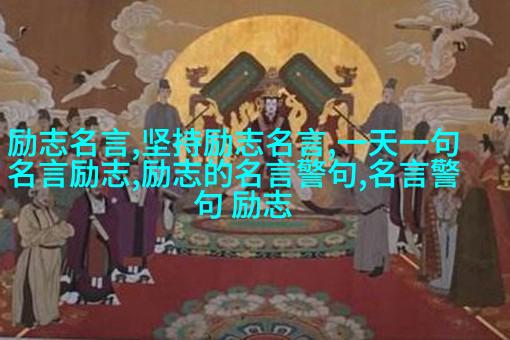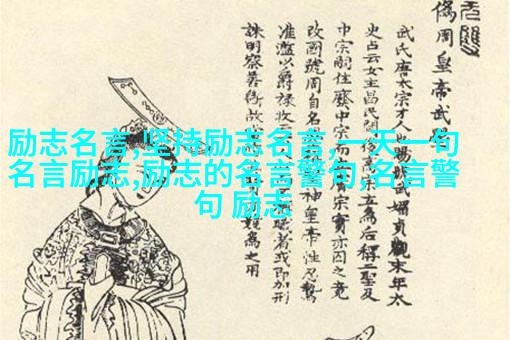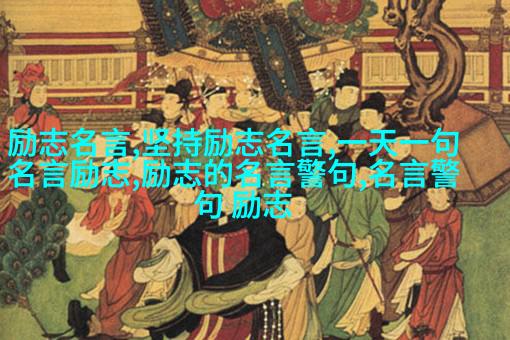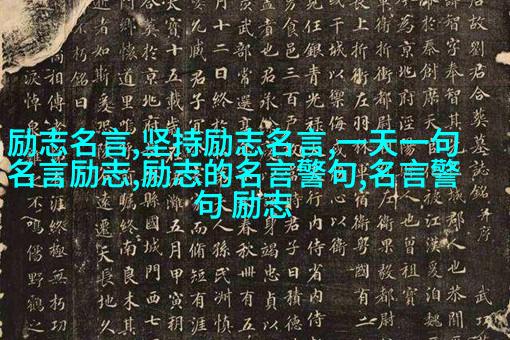Introduction

The Qingming Festival, also known as Tomb Sweeping Day, is a significant traditional Chinese holiday that honors ancestors and the dead. It falls on the 15th day after the Spring Equinox and marks the beginning of spring. The festival is steeped in cultural heritage and rich with poetic expressions.
Poetry and Symbolism

Qingming is deeply rooted in literature, particularly poetry. One of its most famous poems, "Clear Autumn Moon," by Du Fu (712-770 AD), sets an elegant scene for this time of year:
清明时节雨纷纷,路上行人欲断魂。

借问酒家何处有,牧童遥指杏花村。
Translated to English:

When clear autumn moonlight rains down,
A sense of desolation overwhelms.

Asking a wine shop where it's at,
A distant shepherd points to apricot blossom village.
This poem captures not only the atmosphere but also reflects upon life's impermanence during this time when people visit their ancestors' graves.
Ancestral Worship
Qingming has been celebrated since ancient times as a day for family reunions and ancestor worship. People pay respects to their ancestors by cleaning up ancestral tombs, offering food, incense sticks, flowers or other items considered essential for nourishing spirits in the afterlife. These acts are believed to honor one's lineage while maintaining social order within families.
Nature's Revival
Another important aspect of Qingming is its connection with nature. As spring arrives anew each year with blossoming trees like cherry blossoms or plum blossoms representing hopefulness amidst renewal; these scenes often inspire poetic musings about life cycles – birth, growth, decay and rebirth.
"Cherry Blossom" by Bai Juyi (772-846 AD) exemplifies this theme:
春风得意马蹄疾,一日看尽长安花。
夜来风雨声里醉,翡翠一枝先被破。
Translated into English:
With wind in my favor I gallop quickly,
In just one day I see all Chang'an blooms.
In the night wind and rain drunkenly intoxicated,
I am first among them to have my jade branch broken off.
This poem beautifully describes both personal triumphs alongside melancholy reflections on transience – themes that resonate deeply during Qingming celebrations when people contemplate past generations who had passed away yet continue shaping our lives today through shared history & cultural traditions.
The significance lies not only in honoring those who came before us but also reflecting upon our own existence within society & nature’s cyclical patterns while cherishing moments we share with loved ones around us - be it at home or out enjoying fresh air under blooming trees together on clear days like those typically found during Qing Ming festivals
As we reflect back upon how far we've come from our roots so too must we remember what remains unbroken - such as love between family members despite distance/time apart; memories shared across generations that never fade nor lose meaning; & ultimately finding peace knowing some things will always endure even as seasons change
It may seem odd celebrating death alongside new beginnings but perhaps it serves as reminder that without end there can't be true start —both aspects intertwined
For many cultures around world especially China this festival represents more than just visiting cemeteries; it symbolizes unity among families reconnecting over stories they inherited from their forebears whose lives left lasting impact long after they're gone
To embrace tradition doesn't mean being stuck forever instead embracing changes happening now whether good bad indifferent ——while keeping eyes open towards future possibilities yet remaining grounded roots deepening understanding ourselves others/our place within larger picture
So let us cherish every moment spent with family friends Nature itself remembering where you come from yet looking forward toward future endeavors trusting your journey will lead you home again eventually no matter where paths diverge
